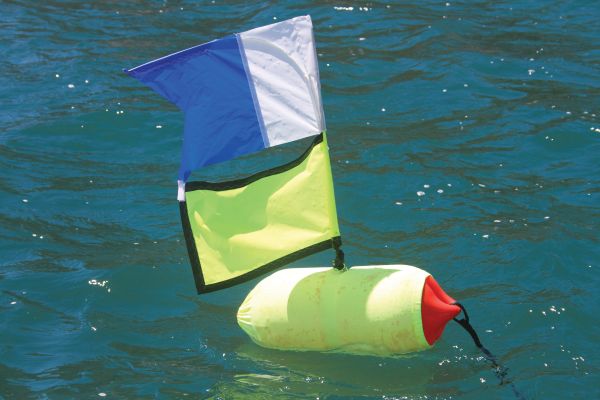Propeller strikes
A propeller strike can cause serious injury or death. Here's how to prevent propeller strikes, and respond to strike emergencies if they occur.
Boat propeller hazards
A strike from a boat propeller can cause serious injury or death. As the skipper, you should consider the area around the propeller a hazard zone. This means making sure that no person or any part of their body goes near a spinning propeller.
Keep a proper lookout at all times when under way, especially near swimmers. Take extra care when you see an ‘Alpha’ flag showing divers are nearby, and when you're towing.

What to do
Always turn the engine off when you're near people in the water. Some propellers can continue to spin even in neutral.
Fitting propeller guards to outboard engines reduces the risk of injury. It's recommended that sport and recreational organisations use propeller guards, especially when running activities with a high risk of capsize.
Reduce the risk
- Before starting the engine, inspect the area near the propeller to make sure it's all clear.
- Follow minimum distance rules to keep well clear of people in the water, designated swimming areas and other vessels.
- Make sure everyone on board knows the risks around propellers, especially the driver.
- Make sure the driver wears a kill switch lanyard – this stops the engine if they lose control of the boat.
- Make sure everyone on board keeps within the boat while it's underway. This means no part of their body hangs over the sides or bow, including 'bow riding' and 'teak surfing'.
- Consider installing wireless engine cut-off switches, propeller guards and alternative propulsion systems.
When towing a person – such as a water skier or wakeboarder – make sure the tow rope is long enough. The person being towed must be a minimum of 7m behind the vessel, unless you've reduced the risks associated with carbon monoxide emissions and the propeller is forward of the back of the hull.